Bookkeeping in Canada is a crucial part of running any business, but figuring out how to manage it effectively can be tricky. Should you hire someone in-house to handle your books, or would outsourcing this function to a specialized service be a better fit? Each approach has its own advantages and challenges, and the right choice depends on your business’s size, budget, and specific needs.
In this article, we’ll take a clear look at the differences between in-house and outsourced bookkeeping in Canada. We’ll cover what each involves, the pros and cons, and how you can decide which option suits your business best.
Why Every Canadian Business Needs Bookkeeping
Before we dive into the differences, it’s important to understand why bookkeeping in Canada matters in the first place. Bookkeeping is more than just keeping track of receipts and invoices. It’s about maintaining accurate financial records that reflect your business’s health. Proper bookkeeping helps you:
- Stay compliant with Canada Revenue Agency (CRA) tax regulations.
- Prepare for tax filing deadlines without stress.
- Understand your cash flow so you can plan for growth or downturns.
- Provide accurate financial reports when applying for loans or investors.
In Canada, businesses are required by law to keep financial records for at least six years. Whether you run a small shop in Toronto or an online business in Vancouver, bookkeeping is essential to stay on the right side of the CRA and to make informed business decisions.
What Is In-House Bookkeeping?
In-house bookkeeping means employing someone within your company to handle all bookkeeping tasks. This person may work full-time or part-time and often works closely with you and your team. The bookkeeper manages daily transactions, reconciles bank accounts, and prepares financial statements.
Pros of In-House Bookkeeping
- Direct Control: Having someone physically on your team allows you to communicate quickly and keep a close eye on your finances.
- Customization: An in-house bookkeeper can tailor processes to fit exactly how your business runs.
- Real-Time Access: When the bookkeeper is in-house, you often get instant answers and updates on your financial status.
Cons of In-House Bookkeeping
- Higher Costs: Salaries, benefits, training, and office space add up. You’re also responsible for taxes and employee management.
- Risk of Disruption: If your bookkeeper is sick, leaves the company, or makes mistakes, it can cause delays or gaps.
- Limited Expertise: Small in-house teams may lack access to the latest accounting technology or specialized knowledge about changing tax laws.
What Is Outsourced Bookkeeping?
Outsourced bookkeeping means hiring an external company or freelancer to manage your books remotely. Many providers use cloud-based accounting software like QuickBooks Online or Xero to handle transactions, produce reports, and ensure tax compliance.
Pros of Outsourced Bookkeeping
- Cost-Effective: You usually pay a fixed monthly fee or hourly rate without worrying about employee overhead costs.
- Access to Expertise: Outsourced providers often have teams with up-to-date knowledge on Canadian tax regulations and bookkeeping in Canada best practices.
- Scalability: Services can grow with your business. Whether you need more support during tax season or fewer services in slow periods, outsourcing offers flexibility.
Cons of Outsourced Bookkeeping
- Less Immediate Control: Since the team works remotely, you may face some delays in communication or task completion.
- Data Security Concerns: Sharing sensitive financial information with a third party requires trust and strong security measures.
- Potential Learning Curve: The outsourced team might need time to fully understand your business model and processes.
How to Decide What’s Best for Your Business in Canada
Choosing between in-house and outsourced bookkeeping in Canada isn’t a one-size-fits-all decision. Here are some factors to consider:
- Business Size: Small businesses or startups with simple financial needs often benefit from outsourcing to keep costs down. Larger businesses with complex transactions may prefer an in-house bookkeeper or a hybrid approach.
- Budget: Hiring a full-time employee can be expensive when you add up salary, benefits, and overhead. Outsourcing lets you pay only for what you need.
- Industry Requirements: Certain industries have specific accounting or compliance needs. If yours is highly regulated, you might want someone on staff who knows the nuances.
- Control vs Convenience: Decide how much direct involvement you want. If you prefer hands-on control, in-house might be better. If you value convenience and professional handling, outsourcing can be ideal.
- Growth Plans: If you expect rapid growth, outsourced services can quickly scale to handle more volume. An in-house team may require hiring and training.
Cost Comparison for Bookkeeping in Canada
In-House: According to recent data, the average salary for a bookkeeper in Canada ranges between $40,000 and $55,000 per year, excluding benefits and taxes. Add to that costs for software, training, and office space.
Outsourced: Monthly fees can vary widely based on service level but typically start around $300 to $800 for small businesses. You also save on recruitment and employee management costs. This is often the more accessible option for small businesses navigating bookkeeping in Canada on a tighter budget.
Industry Examples
- Startups and Small Businesses: Outsourced bookkeeping in Canada is often the best choice here due to cost efficiency and flexibility.
- E-Commerce or Remote Businesses: Cloud-based outsourced bookkeeping solutions fit well, as they integrate easily with online payment platforms.
- Established Firms with Finance Departments: Larger companies may use in-house bookkeepers who coordinate with external accountants or specialized service providers for their bookkeeping in Canada needs.
Common Questions About Bookkeeping Options in Canada
Do I need a full-time bookkeeper?
Not always. Many businesses start with part-time or outsourced support and scale up as needed.
Can an outsourced bookkeeper file taxes?
Usually, they prepare the financials, but tax filing is often done by a licensed accountant.
Is outsourced bookkeeping CRA-compliant?
Professional bookkeeping in Canada services keep up with CRA regulations and maintain records accordingly.
Which is more affordable?
For small businesses, outsourcing tends to be more cost-effective than building an in-house team—especially early on.
Final Thoughts
Bookkeeping in Canada is the backbone of good business management. Whether you choose in-house or outsourced solutions, the goal remains the same: accurate financial records that help you stay compliant and make informed decisions.
Take time to assess your business size, budget, and needs. There is no right answer for every company. Many successful businesses find a balance by starting with outsourced services and gradually building internal teams as they grow.
If you want a trusted partner to handle your bookkeeping in Canada, someone who understands the regulations and supports your business goals, AccTax is here to help. Contact us today to find out how our bookkeeping services can fit your needs and free you to focus on running your business.
Visit our Resources page to find more insights.




